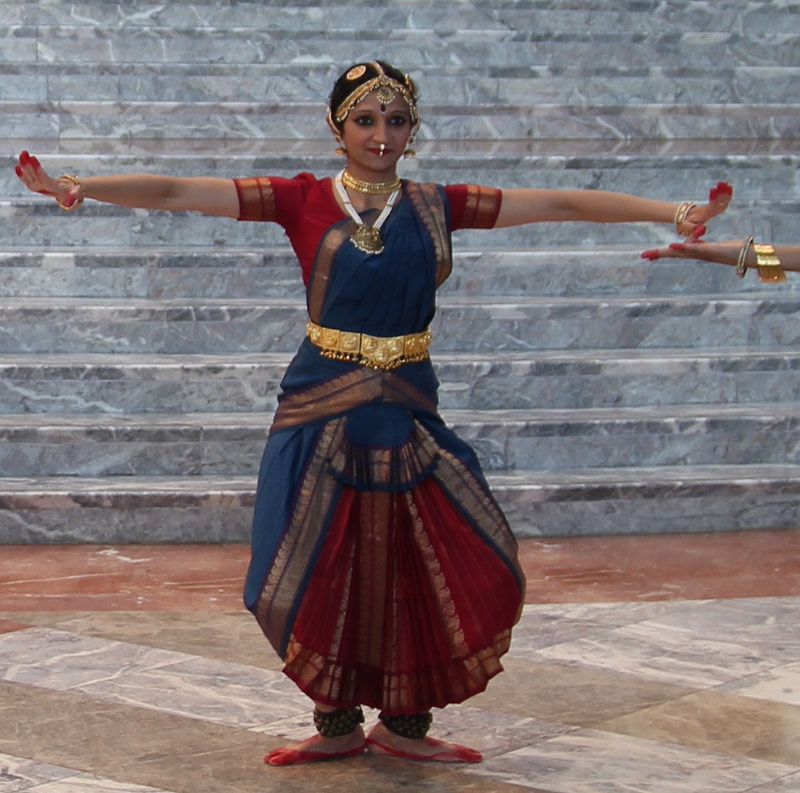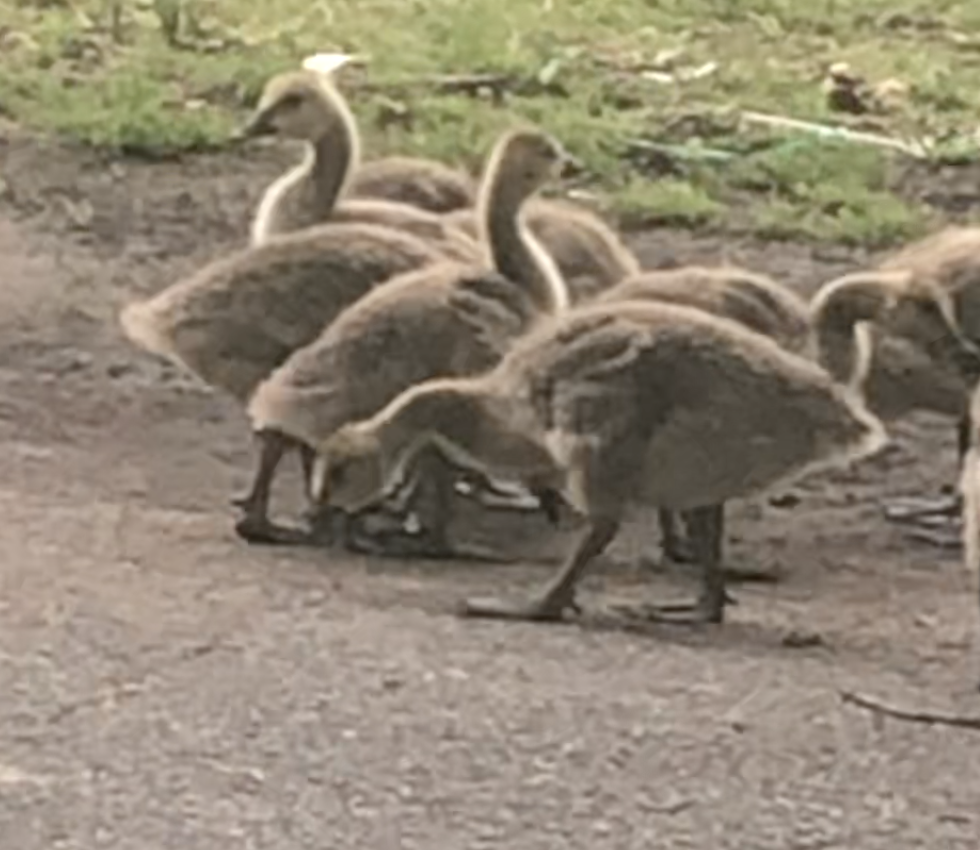|
Stay still! The neural mechanisms underlying stillness Why talk about stillness while talking about movement? As I was teaching my pup to "stay", I was thinking about how much of our lives we spend not moving. We reach towards our phone and stop moving, we walk to a location and stop, a cat stops moving while looking for its prey, a squirrel hops and jumps around, and then sits still on a brach, and the turtle stays absolutely still while sunning itself.
What does stopping of movement mean in terms of brain functioning? The neural mechanisms of stillness are complex [1]. In the next few posts, I will look at how we stop moving, the neural mechanisms involved, and how this plays out in dance. In the meantime, check out Episode 2 of Vichaar where I talk about movement in dance, and movement in the brain. Citation:
1 Comment
Carol A Schachter
5/19/2022 01:21:10 pm
What a provocative diversion from discussions of movements! I look forward to reading more about stillness and applaud the writer's inclusion of this topic when discussing Vichaar.
Reply
Leave a Reply. |
About SlokaMy name is Sloka. I am a neuroscientist and Bharatanatyam dancer; you can find more about me here. Archives
June 2024
|



